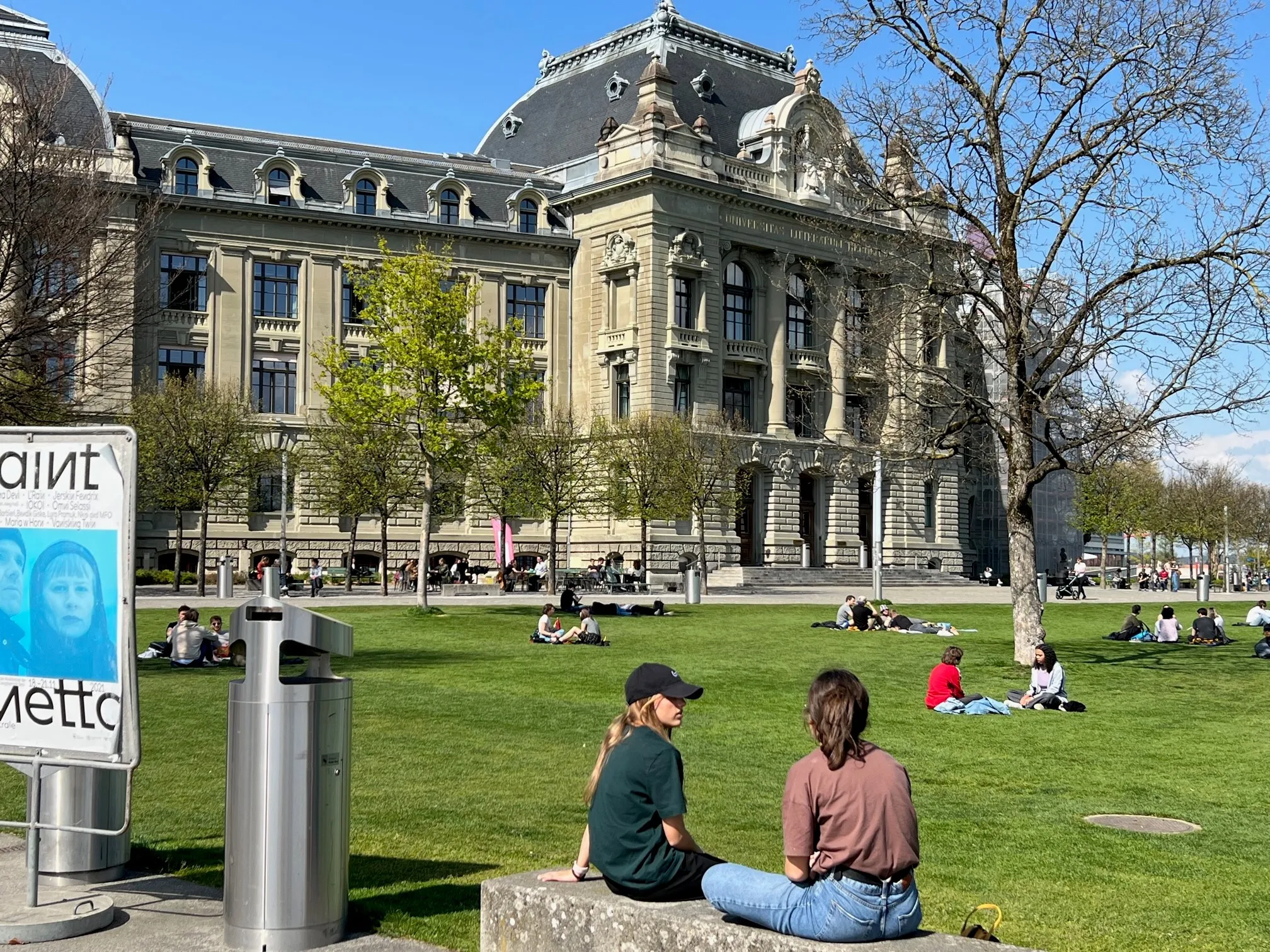Switzerland is renowned for its stunning landscapes and world-class universities. Many international students dream of studying in this Alpine nation. However, life as a university student here holds many surprises. This guide uncovers seven little-known truths about what it’s really like to study abroad in Switzerland.

1. The Academic Rigor is a Marathon Not a Sprint
Swiss universities demand a high level of autonomy and self-discipline. The academic culture is different from many other countries.
Embracing Independent Learning When You Study Abroad in Switzerland
Expect fewer assignments throughout the semester. Instead, a single final exam often determines your entire grade. This system requires consistent self-study and a deep understanding of the subject matter. Procrastination can be a significant pitfall for unprepared students. Mastering time management is crucial for success.
The Swiss grading system is also unique. It typically runs on a scale of 1 to 6, with 6 being the highest. A grade of 4 is generally the minimum passing mark. Achieving a perfect 6 is exceptionally rare. This rigorous system reflects the high standards of Swiss education.
2. The Multilingual Environment is Both a Blessing and a Challenge
Switzerland has four national languages: German, French, Italian, and Romansh. This linguistic diversity is a core part of the Swiss identity.
Language Realities for Your Study Abroad in Switzerland
While many Master’s programs are offered in English, daily life is another story. The local language dominates conversations, shopping, and public announcements. To truly integrate, learning some basic phrases is essential. Many universities offer free or subsidized language courses for international students. Embracing the local language will enrich your experience. It opens doors to deeper cultural understanding and social connections.
3. The Cost of Living Requires Savvy Budgeting
Switzerland is known for its high quality of life. This quality, however, comes with a significant price tag.
Managing Finances During Your Study Abroad in Switzerland
The cost of living is among the highest in the world. Accommodation, food, and leisure activities can be expensive. Many students find creative ways to manage their budgets. Student discounts are widely available for public transport, museums, and even some restaurants. University cafeterias, known as mensas, offer affordable and hearty meals. Careful financial planning is a must for a stress-free academic journey.
4. Part-Time Work is Possible But Regulated
Many students seek part-time jobs to supplement their income. This is possible in Switzerland, but there are specific rules to follow.
Working While You Study Abroad in Switzerland
Non-EU/EFTA students can work up to 15 hours per week during the semester. This can increase to full-time during vacation periods. However, there is a key stipulation. Students must have lived in Switzerland for at least six months before they can begin working. The university must also confirm that the employment will not prolong your studies. Finding a job can be competitive, especially without local language skills.
5. Punctuality and Planning are a Way of Life
The Swiss stereotype of punctuality is very much a reality. This extends beyond train schedules to social and academic life.
Adapting to Swiss Culture When You Study Abroad in Switzerland
Being on time for classes and appointments is expected. Planning is also deeply ingrained in the culture. Spontaneous social gatherings are less common. People often schedule get-togethers weeks in advance. This might seem rigid at first. However, it reflects a respect for other people’s time. Adapting to this mindset is key to social integration.
6. The Great Outdoors is Your New Playground
Switzerland’s natural beauty is breathtaking. For students, it offers a vast and accessible playground for adventure.
Exploring Nature During Your Study Abroad in Switzerland
The efficient public transport system makes it easy to explore. You can be hiking in the Alps one day and swimming in a pristine lake the next. Many universities have sports clubs that organize outdoor activities. These trips are a fantastic way to meet people and stay active. From skiing and snowboarding in winter to hiking and biking in summer, there’s always something to do.
7. Building a Social Circle Takes Proactive Effort
The Swiss are often described as reserved. Making local friends can take more effort than in other cultures.
Social Integration Tips for Your Study Abroad in Switzerland
Joining university clubs and associations is a great way to meet people. Attending student events and language exchange meetups can also help. Don’t be discouraged by initial shyness. Once you break the ice, you’ll find the Swiss to be warm and loyal friends. International student associations are also a valuable resource for building a social network. They provide a supportive community of peers who understand the challenges and joys of studying abroad. Your study abroad in Switzerland journey will be richer for the connections you make.
Follow us on social media and website for more insights!









